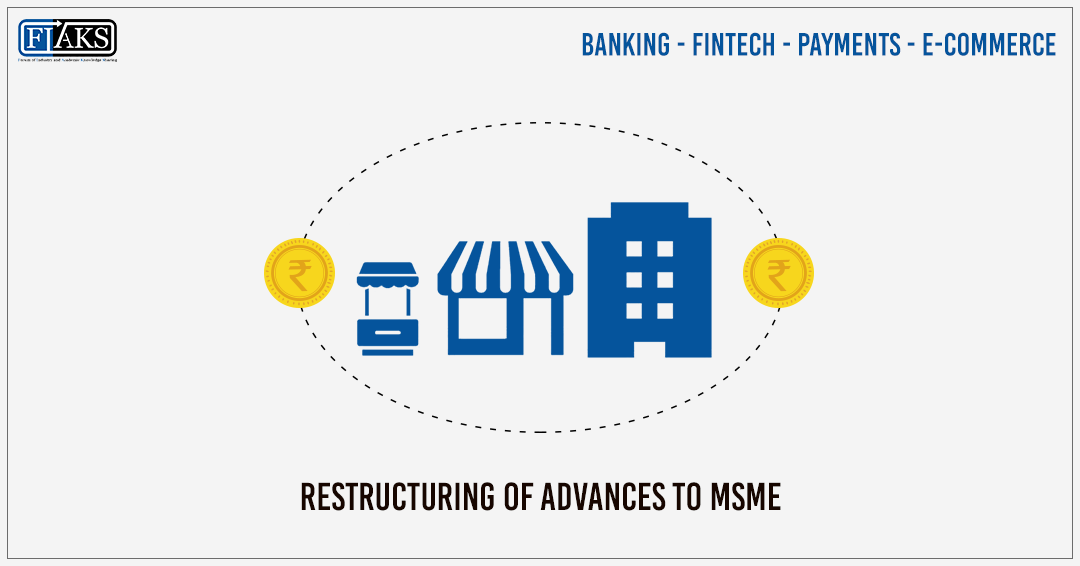E- Panel Discussions on the above topic with
- Mr. Sugata Datta. Former Advisor & Chief General Manager, Bank of India
-
Dr. R Bhaskaran, Former Chief Executive Officer, IIBF
-
Mr. Riaz Maniyar, Founder & CEO at easy2lend.com
-
Several Founders, Co-Founders, CXO Bankers, CXO Fintech professional & people who participated in the discussions

